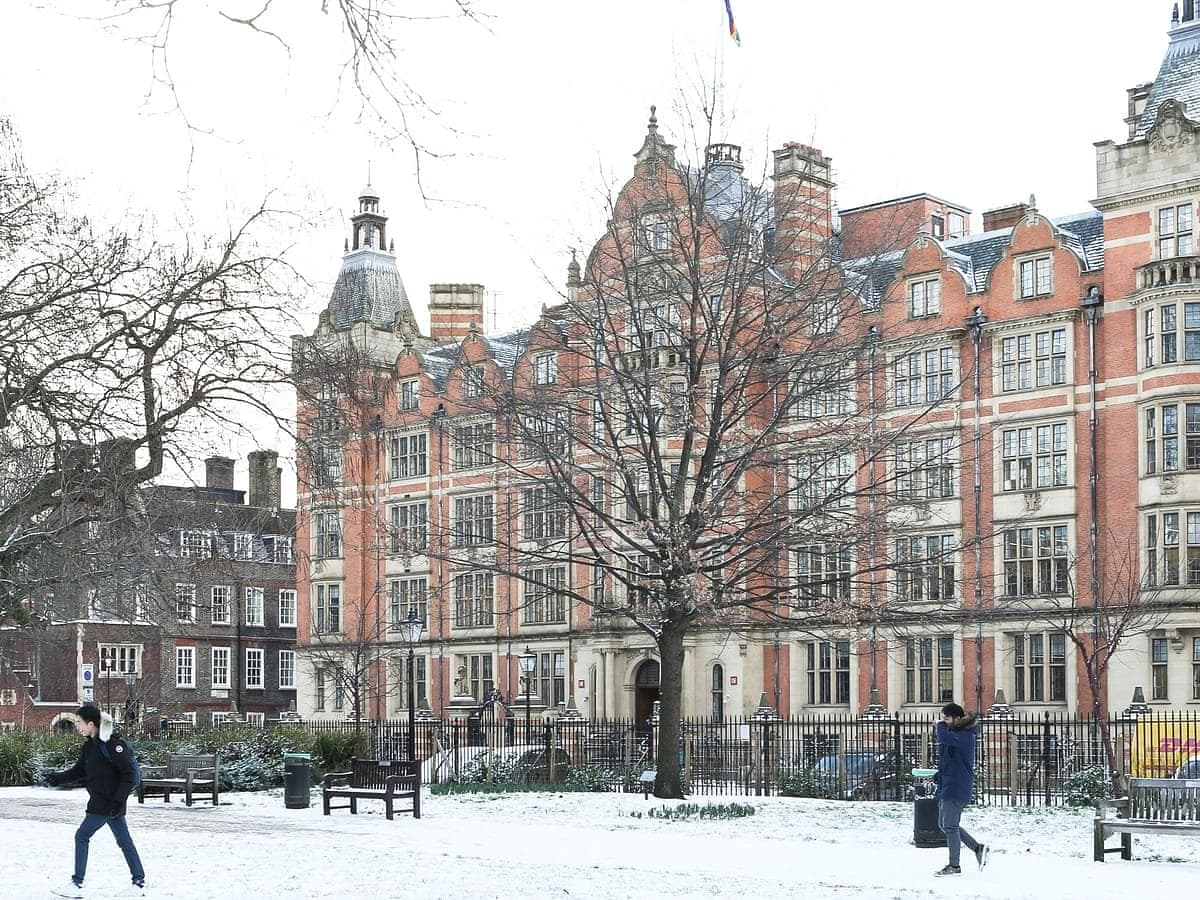The degree involves studying courses to the value of 12 units over three years, plus LSE100.
Language specialism
Students who have taken and passed at least one language course in each year of their degree (ie, 25 per cent of their overall programme of study) will be offered the opportunity to receive a language specialism attached to their degree certificate and transcript. Students must take all courses in the same language (French, Spanish, German, Mandarin or Russian) in order to qualify for the specialism. The three courses must also be consecutively harder in level, for example: beginner, intermediate and advanced. Students who choose to take language courses are not obligated to receive a specialism, but have the option if they wish. Degree certificates which include a language specialism will state the language in the title, for example: BSc International Relations (with French).
First year
In the first year you will take two compulsory courses: International Relations: Theories, Concepts and Debates and Contemporary Issues in International Relations. You will choose between two history courses and will take an approved outside option from another department at LSE. In addition, you will take LSE100, and the non-assessed course Thinking Globally: Studying International Relations.
(* denotes a half unit course)
International Relations: Theories, Concepts and Debates
Examines the theories and concepts designed to explain the nature of contemporary international relations.
Contemporary Issues in International Relations
Critically analyses some of the political, economic, military and social issues that confront international relations and which have influenced and shaped the development of the contemporary international order.
Either
International Politics since 1914: Peace and War
Offers an overview of international politics since 1914, providing a factual grounding and surveying the main historiographical debates.
Or
From Empire to Independence: The Extra-European World in the Twentieth Century
An introductory survey of events outside Europe in the twentieth century, with a particular emphasis on the collapse of the Western colonial empires, the development of relations between the West and the new states within Asia and Africa, revolutionary developments in Latin America, and the rise of non-Western models of political development.
One approved outside option
Thinking Globally: Studying International Relations (un-assessed)
Helps students to acquire and develop the key skills needed to study international relations.
LSE100*
A half unit, running across Michaelmas and Lent Term in the first year, LSE100 is compulsory for all LSE undergraduate students, and is designed to build your capacity to tackle multidimensional problems through research-rich education.
Second year
In the second year you will choose three from five international relations options. You will also choose options to the value of one unit from an approved list, which includes language courses and courses from other departments.
Three from:
International Political Theory
Offers an introduction to the history of international political thought (IPT). The course deals with debates and themes prompted by classical thinkers and considers their location within the existing IR canon including realism, liberalism, constructivism, and critical theory.
International Organisations
Examines major theoretical and empirical aspects of the role of international organisations in international politics.
Foreign Policy Analysis I
Analyses various theoretical perspectives on foreign policy, and the means of conduct of the main actors in the international system towards each other.
International Security
Tackles questions of war, peace and security from an analytical perspective, by highlighting changes and continuities in international security.
International Political Economy
Examines the role of power and politics in international economic relations. Besides international structural factors, it emphasises the role of domestic political interests and their influence over foreign economic policies.
Further courses to the value of one unit from the above, or an approved list, including language options
Third year
You will take a further three units worth of options from an approved list of international relations options. Your will then take further courses to the value of one unit from a range of approved options relevant to the study of international relations options, or language options.
Three approved international relations options
